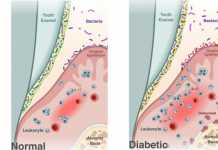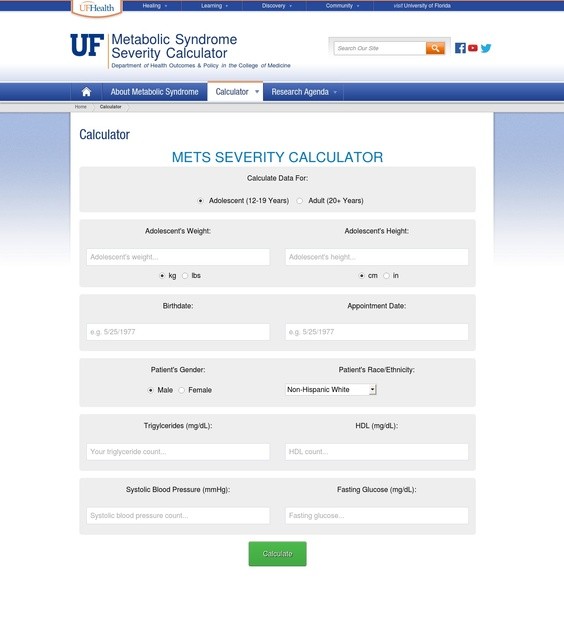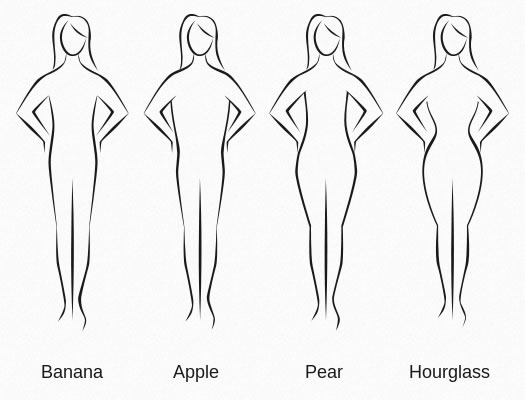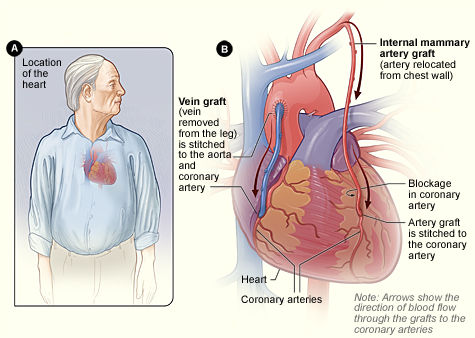Over the past five or so years, mounting scientific evidence has suggested that a significant link exists between heart and gum disease, but doctors and dentists can�t say whether treating the latter will benefit heart patients.
Now a unique new study is starting at five major U.S. universities to begin answering that question.
Faculty members at the University of North Carolina at Chapel Hill and the State University of New York at Buffalo are leading the new study because they pioneered investigations into the effects of gum disease -- also called periodontal disease -- on overall health.
The National Institute of Dental and Craniofacial Research will support the three-year effort with a $7.2 million grant, of which UNC will receive $3.2 million.
�Possible associations between periodontal disease and a higher risk of cardiovascular disease and stroke are moderate in nature, and we really don�t understand them very well at this point,� said Dr. James D. Beck, Kenan professor of dental ecology at the UNC School of Dentistry. �These studies have raised a lot of interest among researchers, dental practitioners and the public, but many questions remain because several other studies have not found an association.
Continue Reading Below ↓↓↓
�What we�re starting now is a pilot study to determine whether we can do a much larger comprehensive, randomized clinical trial looking at whether treating periodontal disease will reduce people�s risk for heart attacks.�
UNC will have several special roles in the study, said Beck, who also co-directs UNC�s Center for Inflammatory Disorders and Center for Oral and Systemic Diseases and is co-principal investigator for the new study.
�We�ll be one of the field centers that sees and treats patients, and we�ll also have a laboratory that will look at biological markers related to inflammation in the body,� he said. �The School of Public Health�s Collaborative Studies Coordinating Center, under Dr. Lloyd E. Chambless, also will serve as the coordinating center for the entire study.�
Central to the work will be learning how heart patients who had their periodontal disease treated aggressively compared with heart patients who had not, Beck said. About 900 patients, all of whom have had a heart attack or are at high risk of one, will participate.
Other cooperating institutions will be Boston University, KaiserPermanente/Oregon Health Science University and the University of Maryland. Dentists, cardiologists, epidemiologists, biostatisticians, dental hygienists and nurses will be involved. Others working on the research at UNC include Drs. Steven Offenbacher of the School of Dentistry, Timothy Nichols of the School of Medicine and David Couper of the School of Public Health.
�At the end of all this work, we should have an answer for dentists in private practice who say, �What should we tell our patients who ask us if they should have periodontal disease treated to reduce their heart disease?�� Beck said. �No one in dentistry has ever attempted a study like this one before.�
In related work, Beck and his UNC colleagues are studying whether gum disease and inflammation contribute to babies being born prematurely and weighing less than they should.
Source: University of North Carolina









